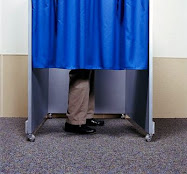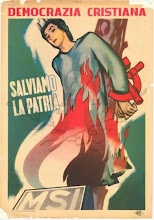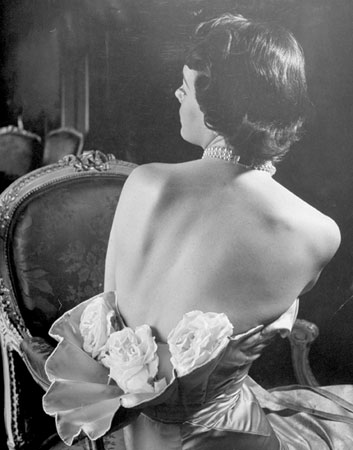
(dal sito del presidente Ben Ali)
Tunisia starts this new political event while taking pride in winning the wager of pluralism launched by President Zine El Abidine Ben Ali since the advent of the Change, by promising the Tunisian people a modern political life in tune with the level of awareness and maturity they have reached.
This new political event towards consolidation of the pluralistic democratic process takes place as the Tunisian people, all their segments included, have reiterated their cohesion around President Zine El Abidine Ben Ali and their attachment to his person as the leader of the comprehensive process of development which had started with the November 7, 1987 Change.
The cohesion of the Tunisian people, political formations, professional organisations and intellectual elites, around the Head of State is also an acknowledgement of the relevant and fair guidelines set by the President of the Republic for Tunisia’s present and future, which reflects the climate of national concord around the Head of State’s judicious leadership and reform approach.
Election day will provide an opportunity to all candidate sides to compete as part of a fair contest after President Ben Ali had taken all necessary measures to ensure transparency of elections and for discharging the voting right in total freedom.
President Zine El Abidine Ben Ali is deeply convinced of the parties’ central role in boosting political life. He reiterated, on several occasions, that pluralism is an irreversible choice and that political parties, be they in power or in the Opposition, are part and parcel of the democratic process and should be equal to the mission incumbent upon them and discharge it in optimum conditions.
Bids for the next elections have recorded a sharp rise; the number of the electoral rolls which were delivered receipts stands at 181 rolls, including 15 independent and others representing 9 political parties.
The massive flow of political parties to take part in these elections evidences the confidence they place in the political climate prevailing in Tunisia and sincere will to build pluralism on solid foundations and consecrate cohesion among society’s different components, on the basis of respect for the national tenets and the republican values.
Under President Ben Ali’s conduct, Tunisia has engaged in materialising a harmonious civilisational project and the establishment of national concord around principles set forth in the November 7 Declaration, which touch on, in particular, attachment to the republican values, people’s sovereignty and consolidation of foundations of pluralism within the framework of law.
The numerous amendments added since the Change to the Constitution, the Electoral Code, the Press Code, the act on associations and the law on political parties have come to confirm freedoms and political pluralism and reinforce the bases of the republican system which rests essentially on the principle of election.
To ensure the largest popular participation in the electoral operation and guarantee transparency and integrity of elections, all reforms that have been carried out focused on the organisation of polling stations and candidates’ addresses in the radio and television, as well as the broadening of the Higher Communication Council’s prerogatives and reducing the number of polling stations to facilitate the good progress of the vote.
The representation of political parties within the Chamber of Deputies and municipal councils has continuously increased one election after the other.
This representation rose to 37 seats in the Chamber of Deputies in 2004 and 266 seats in municipal councils in 2005 thanks to the adoption of an electoral system that combines voting by majority and by proportional representation.
The last amendment to the Electoral Code, dated April 13, 2009, will surely further enhance this approach and bring about an increase in the presence of political parties and elected authorities.
Political parties are also represented at the Chamber of Advisers, the Economic and Social Council, the Higher Development Council and in various other higher sectoral councils.
They have also been involved in all national consultations to examine the reality and prospects of different sectors of activity and various national sectors, such as employment, youth, tourism, etc.
The permanent subsidy appropriated to fund political parties represented in the Chamber of Deputies which increased on several occasions, along with the subsidy devoted to these parties’ press, also allowed to strengthen the role of political parties and enhance their activities.
Political pluralism is today a palpable reality in Tunisia, which has, indeed, ushered in a new stage towards finishing off the democratic process, on the basis of responsibility, awareness and concord between the country’s different political and intellectual components. A process which completion is a clear evidence of the relevant national guidelines which will be once again better reflected in President Ben Ali’s new electoral platform.


















